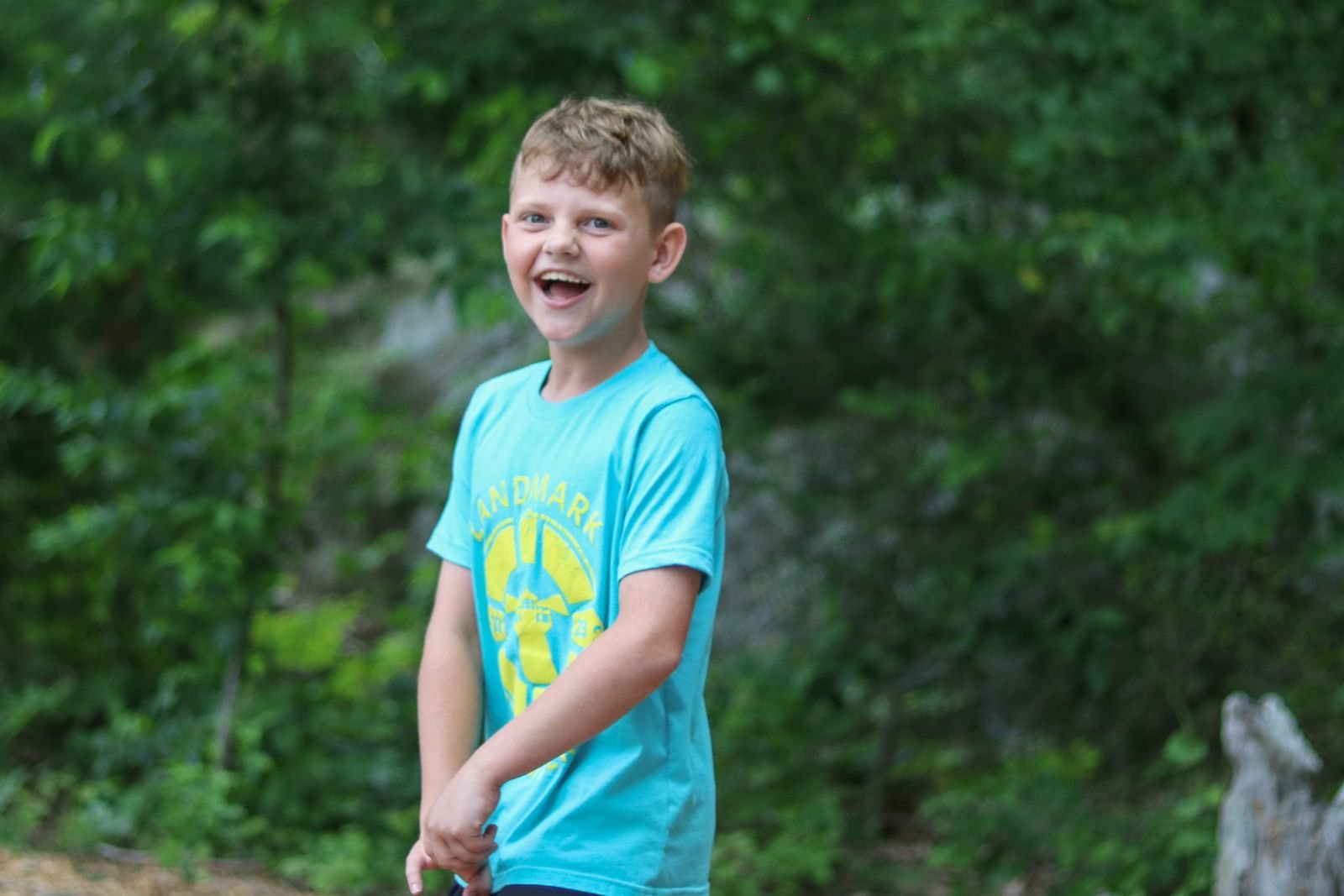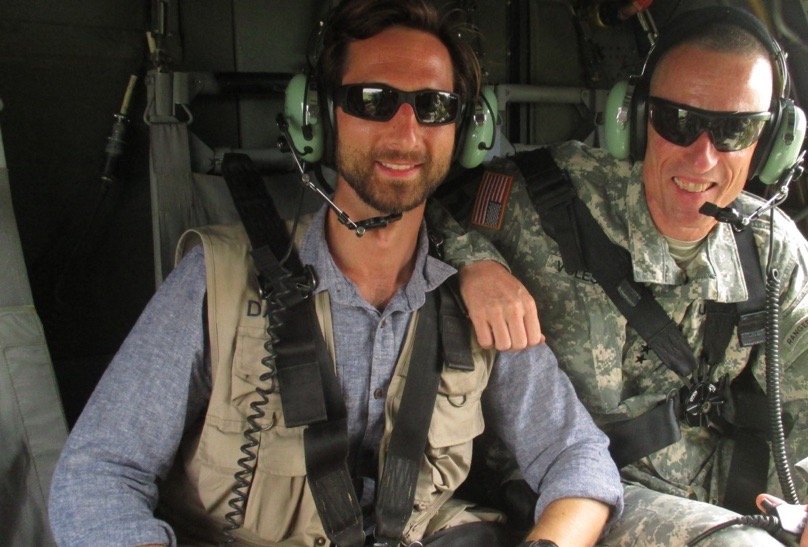- Our School
- Our Advantage
- Admission
- Elementary•Middle School
- High School
- Summer
- Giving
- Parent Resources
- For Educators
- Alumni
« Back
Adventure Is Out There
February 10th, 2015
By Tristan Whitehouse
Not all classrooms need walls — or proper floors for that matter. What they do need is people willing to learn together through exploration.
Over the past decade, outdoor education programs have grown in prevalence throughout the country, because the interpersonal skills that students develop in the woods directly influence performance in schools.
Three years ago, Landmark School began the Outdoor Leadership class with hopes of improving the lives of our students with comprehensive leadership and wilderness training. When most people think of schools designed to meet the needs of students with language-based learning disabilities, they may be surprised to find some of our students learning various communication techniques seventy five feet up a rock wall or a hundred feet below in caves. We've found that not only do these students succeed, but they thrive when presented with the challenge.
At the beginning of the course my co-teacher, Zachary Fisher, and I, encouraged students to meditate on the word “Leadership” and come up with a series of adjectives to describe it. Common candidates included trustworthy, amicable, knowledgeable, and considerate. They then categorized these words into three key criteria for leadership: interpersonal skills, judgment skills, and technical skills. In any setting, whether it be the wilderness or the board room, these skills must always be present and balanced. The Leadership Triangle, became the theme for the program. Every skill students learned would relate in some way to a side of the triangle.
While the students learned a slew of outdoor skills such as outdoor cooking, fire building, knots, gear repair, survival, and first aid, they were encouraged to write in their field journals. We expected these journals to be simple notebooks with periodic visitation by students but we were amazed to see that these journals have become prideful works of art for many. Intricate diagrams and drawings have complimented student’s notes on every subject from fitting a backpack to their body, to maps and landscapes of places we've visited as a class. We've learned that if you give your students the opportunity, they will surprise you with superior quality and craftsmanship.
The Outdoor Leadership class at Landmark School is still relatively new, but already it has shown that the woods can have a dramatic effect on our students for several reasons:
First, outdoor learning can provide opportunities for students to immediately see the fruits of their labors: Lashing together two saplings and hanging a tarp between them can provide instantaneous relief from the elements. Toiling over twigs and bark to make the perfect tinder results in flame. Helping a peer get to the top of a twenty foot wall builds trust and friendship. The outdoors provide instant feedback for a job well done.
Second, solving problems presented by hiking, camping, and leadership initiatives, develop creative minds and more versatile learners. Problem-solving tasks such as group games, challenge students to think critically about their surroundings and make good judgment calls.
Lastly, studying leadership results in a greater sense of citizenship, connection, and responsibility. Sharing common experiences builds togetherness and encourages fraternity. Wilderness Education gives students the ultimate gift: the gift of adventure. It allows teens to lace their boots, strap on their pack, and head out their doorstep with the knowledge and skills to succeed anywhere the road takes them.
Posted in the category Learning.





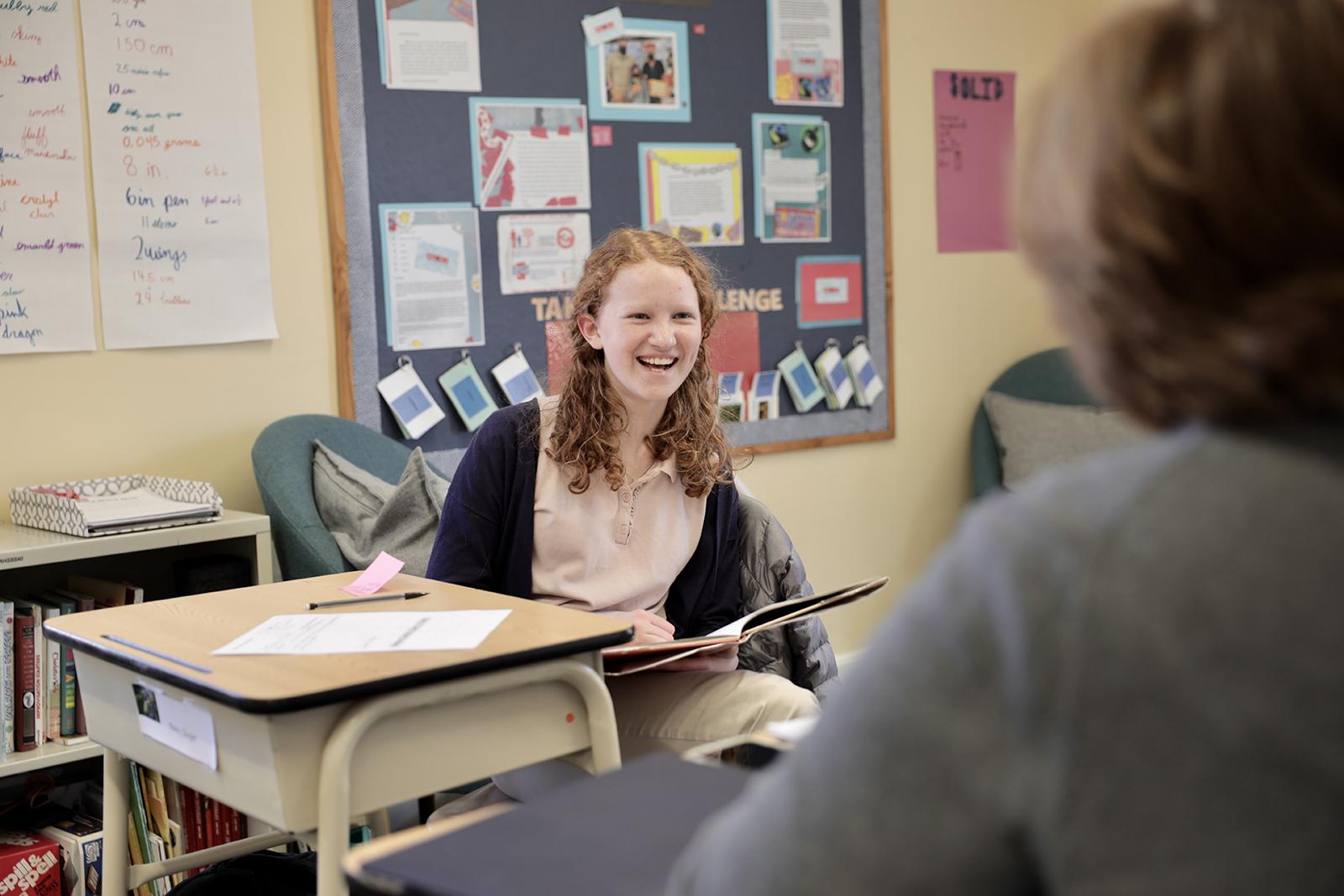
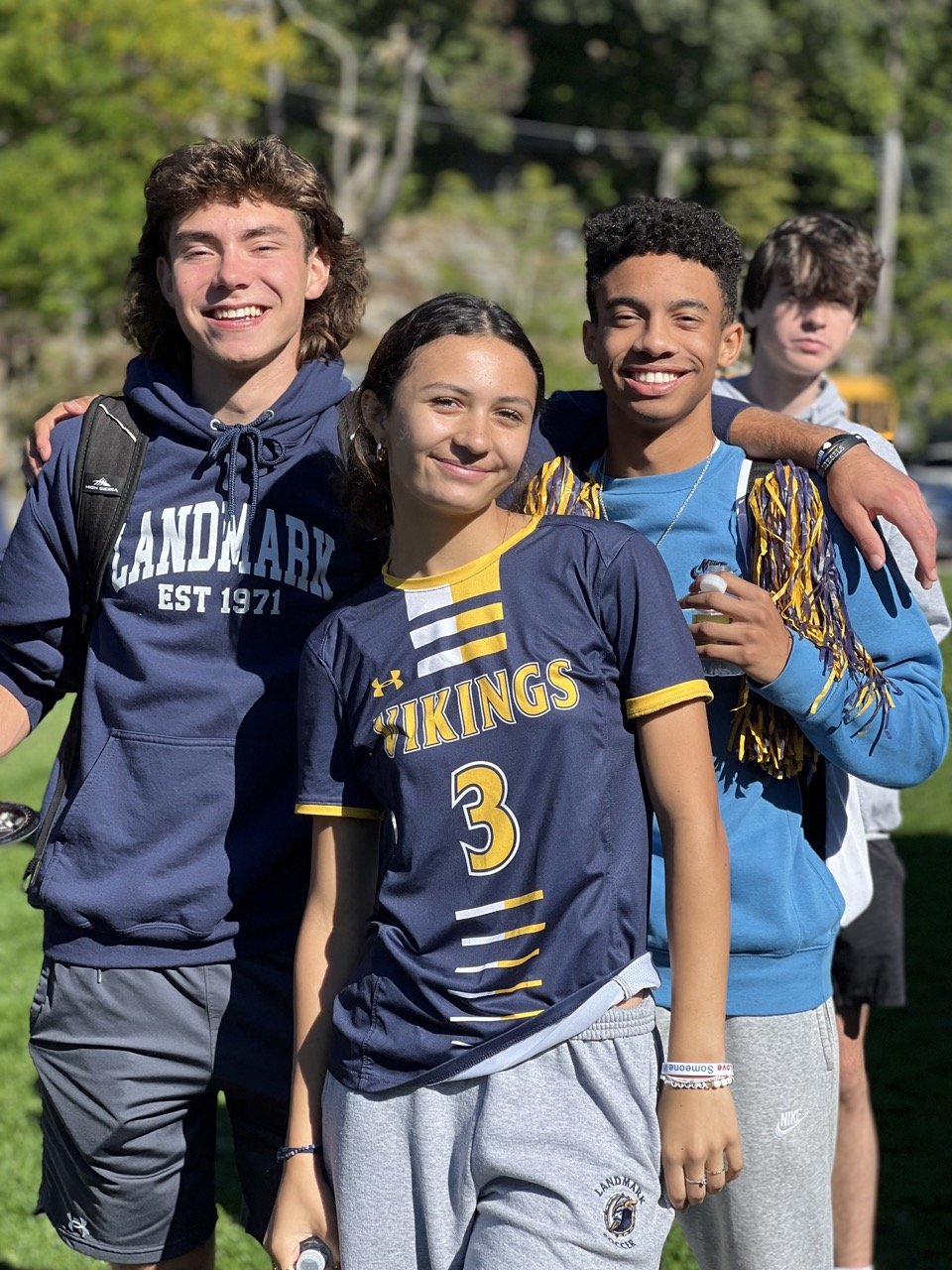
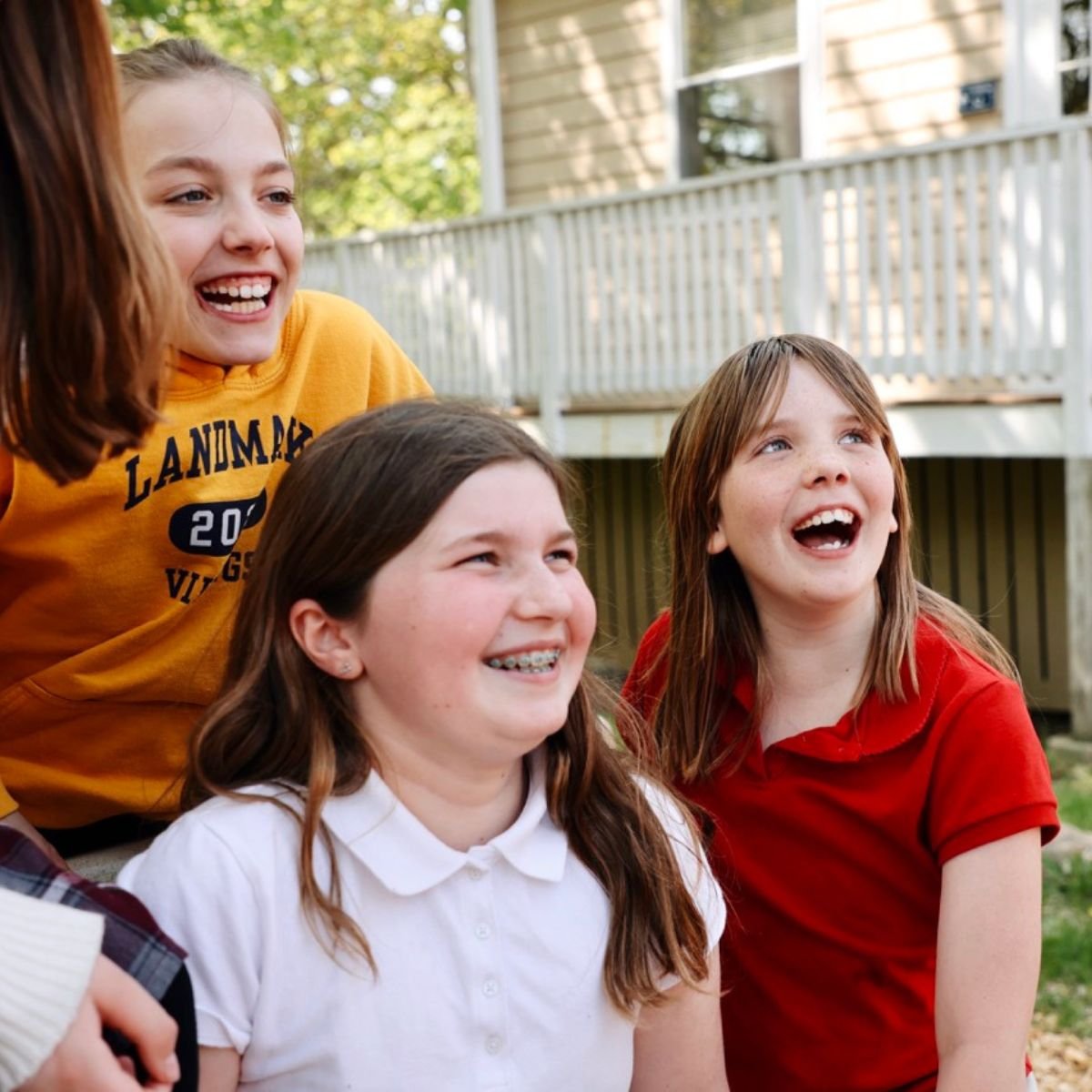
.jpg?v=1652115432307)
